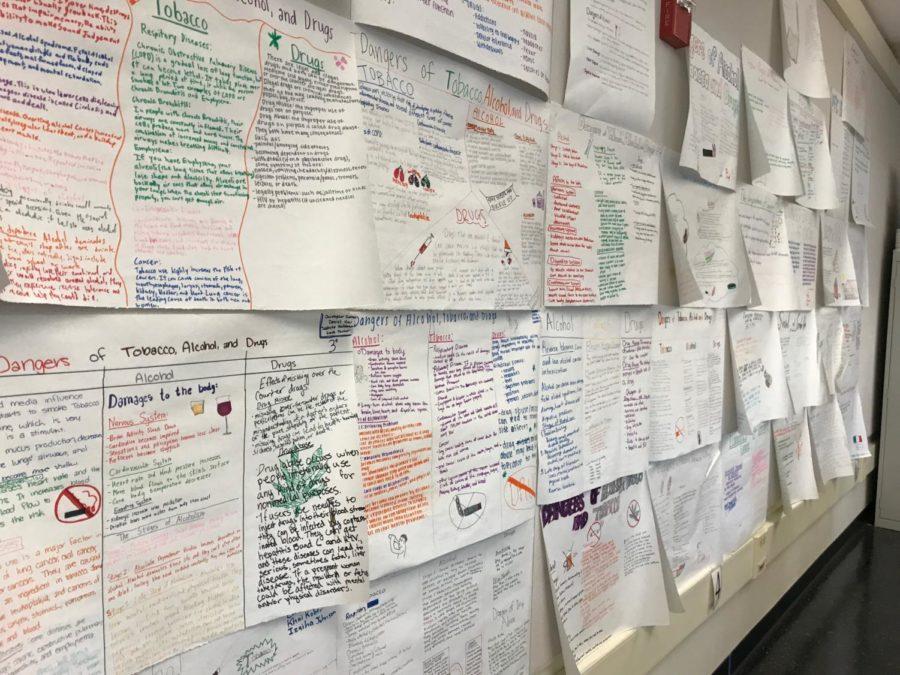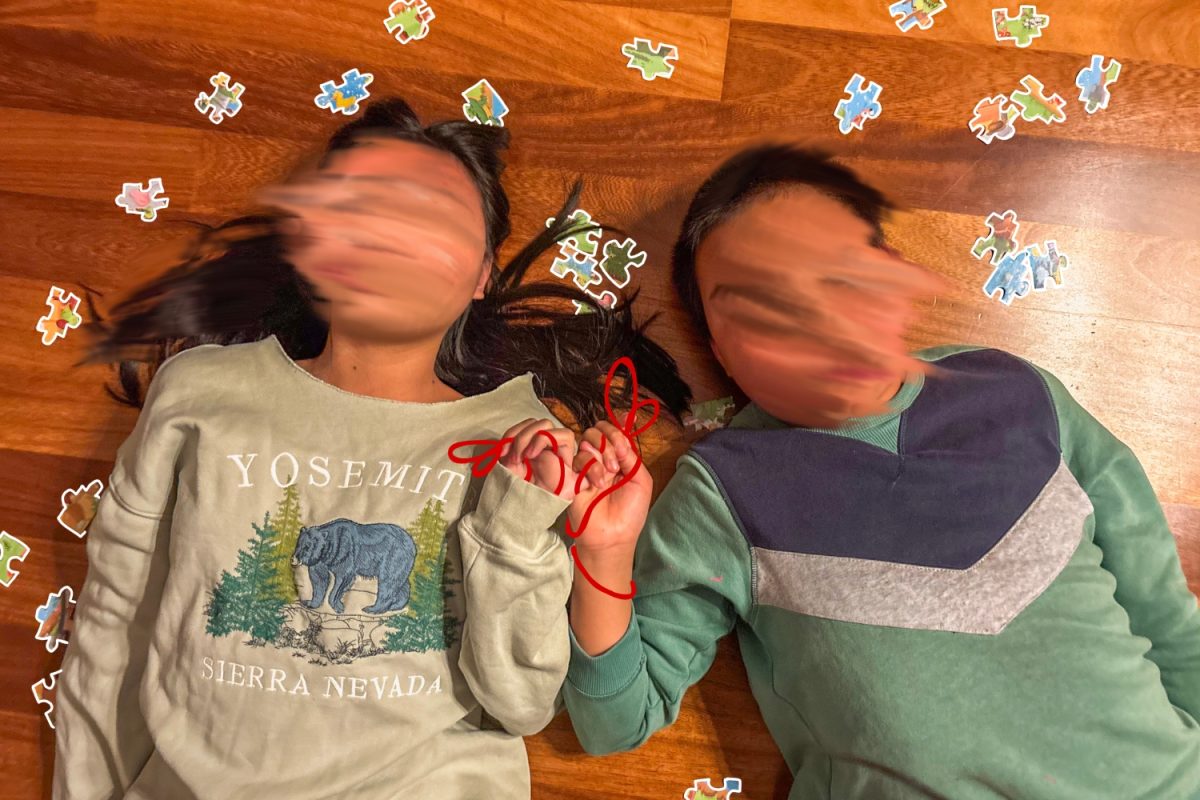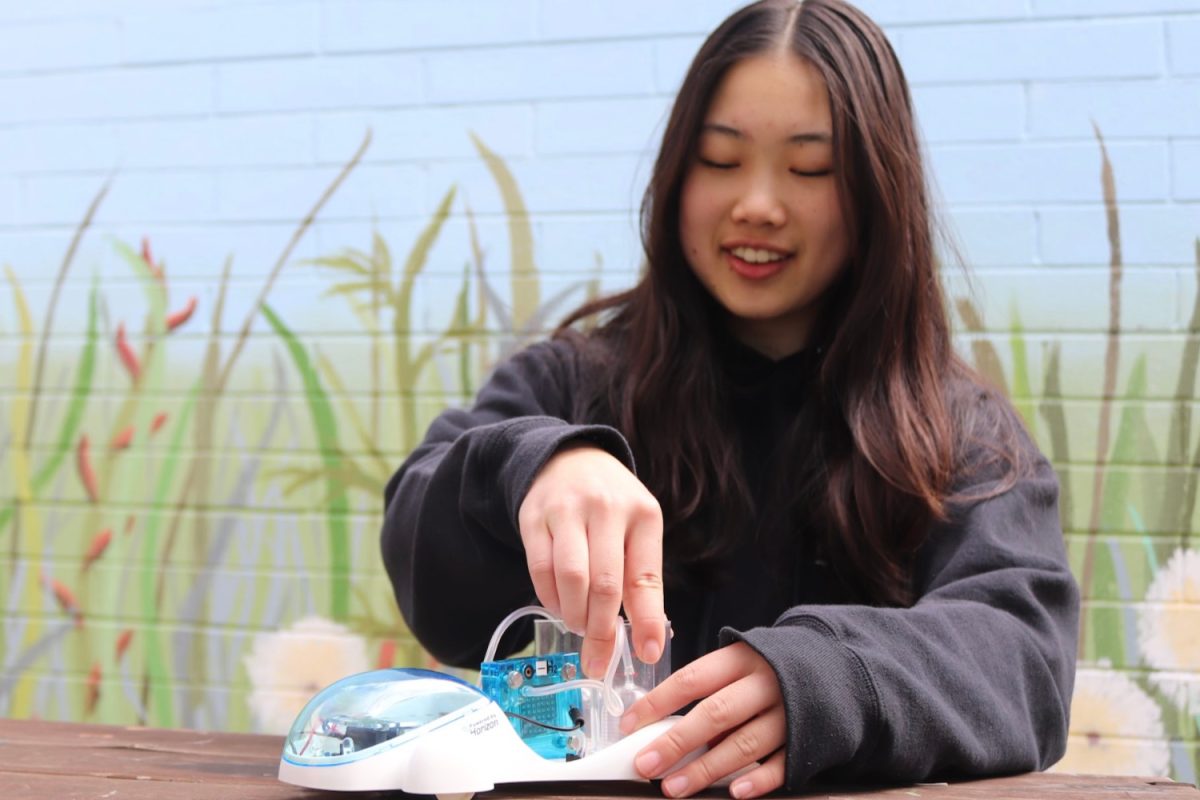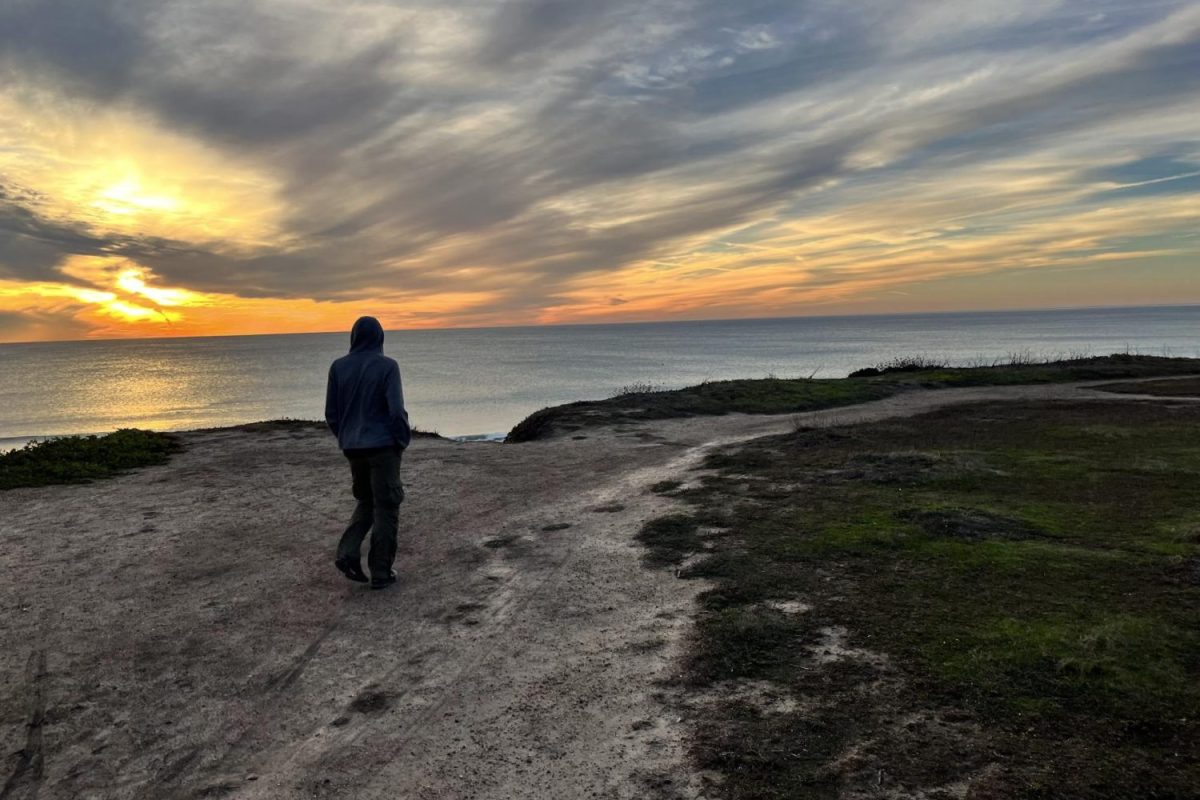High school parties often consist of underage drinking, drugs, and other dangerous activities that are potential problems for partygoers.
Life skills, a required high school course, educates students about the risks of drugs, social and school stress, and future decisions. Going through the course prepares students for a healthy, educated lifestyle.
“Life skills are the skills you need in a lifetime, whether in relationships, substances, healthy living, and stress,” said Patricia Braunstein, a history teacher at Carlmont who also teaches life skills. “You need life skills every single day. It’s extremely important.”
Research from Learning Lift Off, an education-based website, suggests that students all over the nation are participating in the life skills course. While doing so, the site suggests that students acquire the information they can use to protect themselves later in life; this information includes drug awareness, stress management, and alcohol limits.
“We talk about relationships, managing stress, how to take care of themselves in terms of anxiety and depression, and the things that are increasingly relevant in the lives of students,” said Gregory Schoenstein, a history teacher who also teaches Carlmont life skills.
Anxiety and depression are prominent factors in the lives of high school students, and the life skills program provides suicide hotlines in case the severity of the student’s stress becomes problematic. Causes of depression and stress can include relationships, amount of work, bullying, and neglect.
Teachers like Schoenstein aid in the prevention of depression through educating students about techniques to relieve stress through life skills.
According to a recent study by study.com, in addition to managing stress, the life skills program is also beneficial for employment opportunities. With an increase in awareness and good decisions, employment can be easier with a better personal profile.
“It teaches us about the dangers of drugs and information some kids might not know,” said John Cinque, a freshmen and life skills student.
Drugs and alcohol are an important focus of life skills as they lead to many of the problems covered by the course.
Students like Cinque believe that kids go into the class with a lack of information regarding drugs and often learn about the harmful effects of drugs on the body and what actions to take to avoid them.
Apart from drugs, life skills also covers sexual education, informing students about risks such as different types of STDs (Sexually Transmitted Diseases) and teenage pregnancy.
“As young adults, it’s going to be a lot more realistic part of their lives as they need to protect themselves and the people around them,” Schoenstein said.
According to the Guttmacher Institute, 80 percent of teenagers aged 15 to 19 received formal instruction about STDs and how to say no to sex. That leaves about 20 percent of teenagers without that education.
Additionally, the Guttmacher Institute states that 55 percent of 15-to-19-year-old males and 60 percent of women received information about birth control. The institute also stresses that birth control techniques are necessary for teenagers, especially women.
Research from the Advocates of Youth suggests that life skills can have an impact on a student’s future; with the aid of sexual education, a delay in sexual intercourse occurs within teens and education about STDs in students improves after going through life skills.
Life skills educates students about birth control and lowers the number of unplanned pregnancies because of the rise in educated students on the topic.
“It is certainly a useful class; it has a lot of useful information, and it has been evolving over the past few years,” Schoenstein said.
As a teacher that has been teaching life skills for many years, Schoenstein has seen the changes and different developments that have been added to the course. One recent addition was student actions to overcome stress and continue to be productive.
Despite some changes to the course, the fundamental purpose stays the same: to prepare teenagers for the actions and materials that they will be exposed to in the future.
“Life skills is one of, if not the most, important classes to take. I like teaching it because of its importance,” Braunstein said. “You need life skills every single day.”












